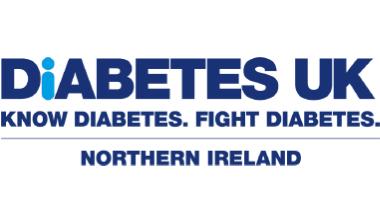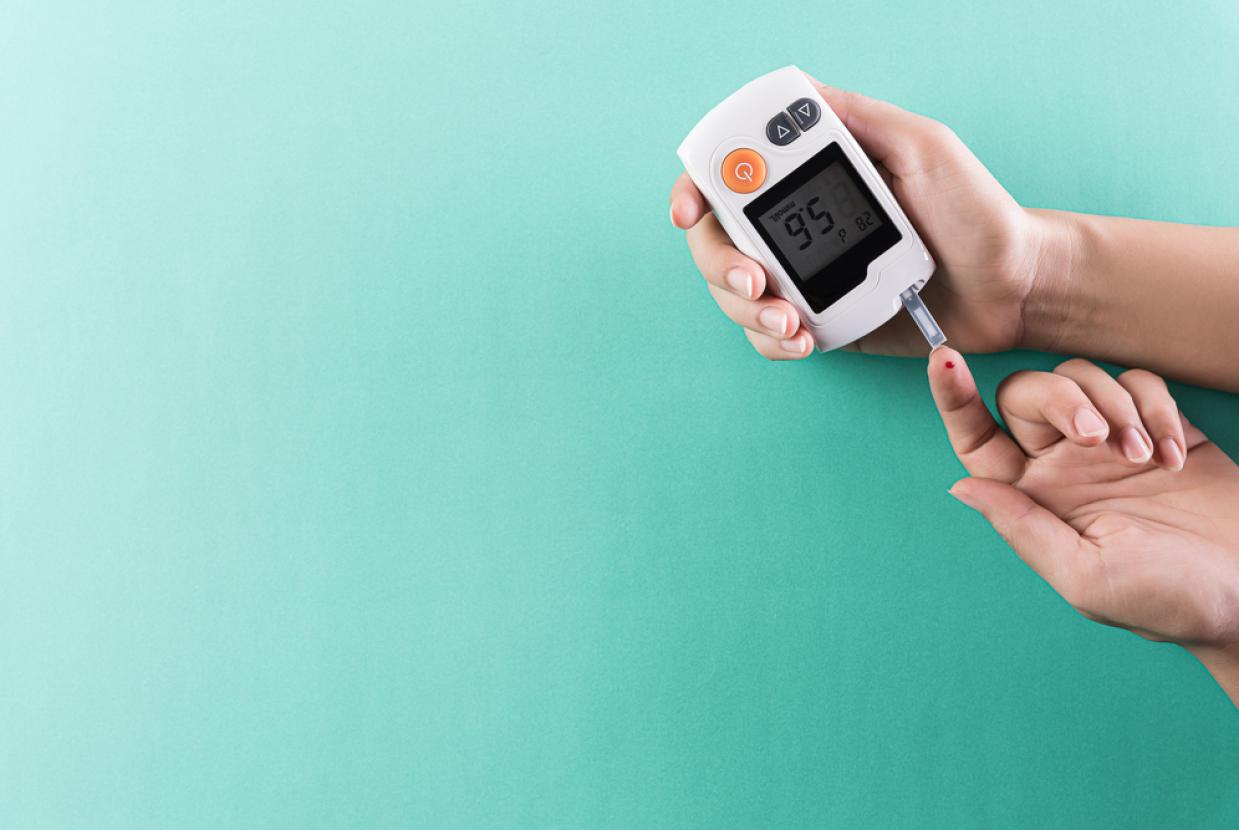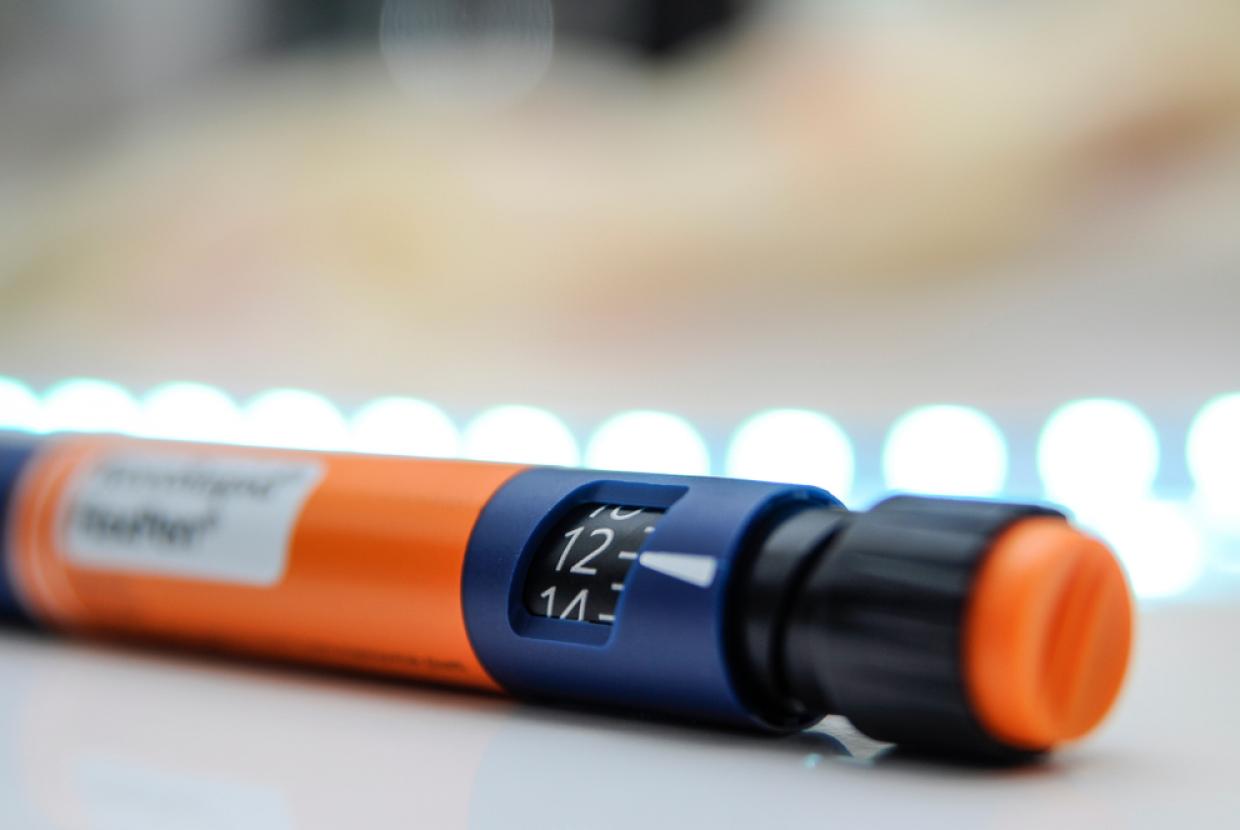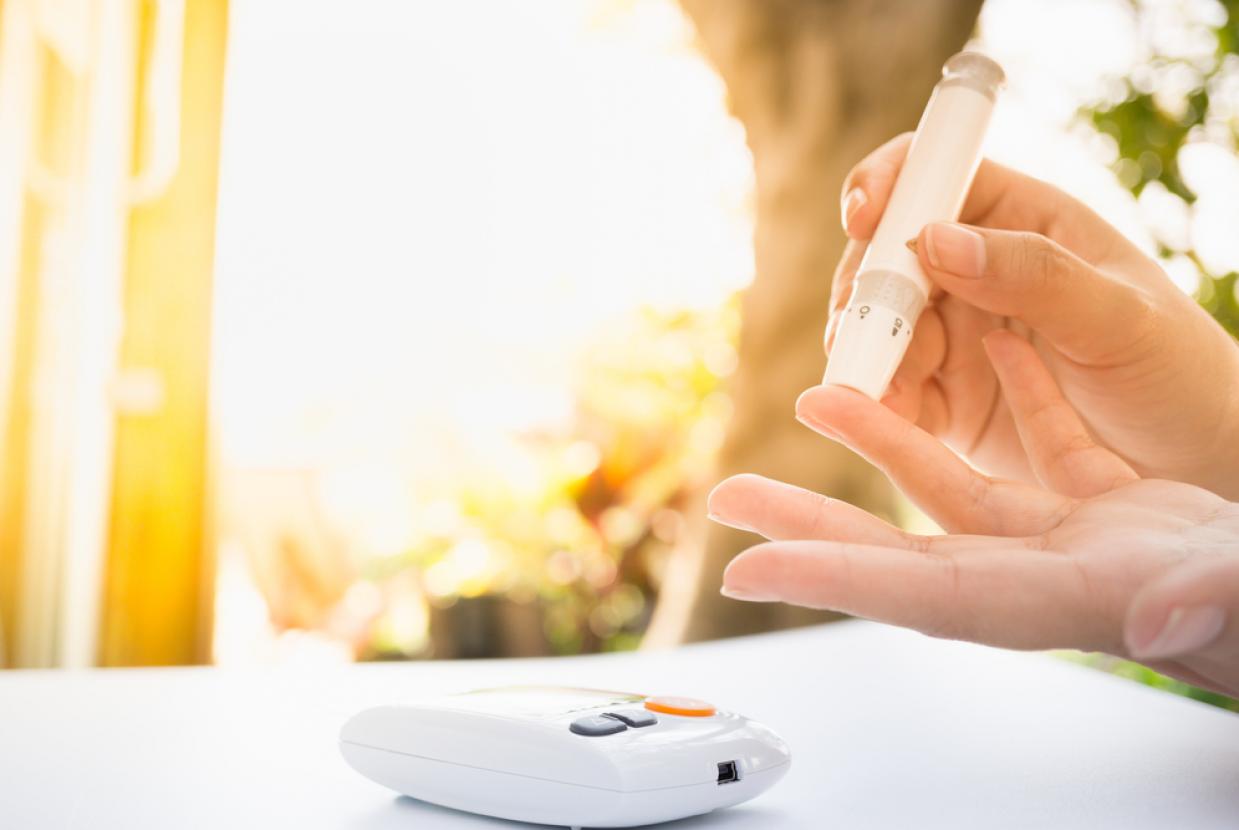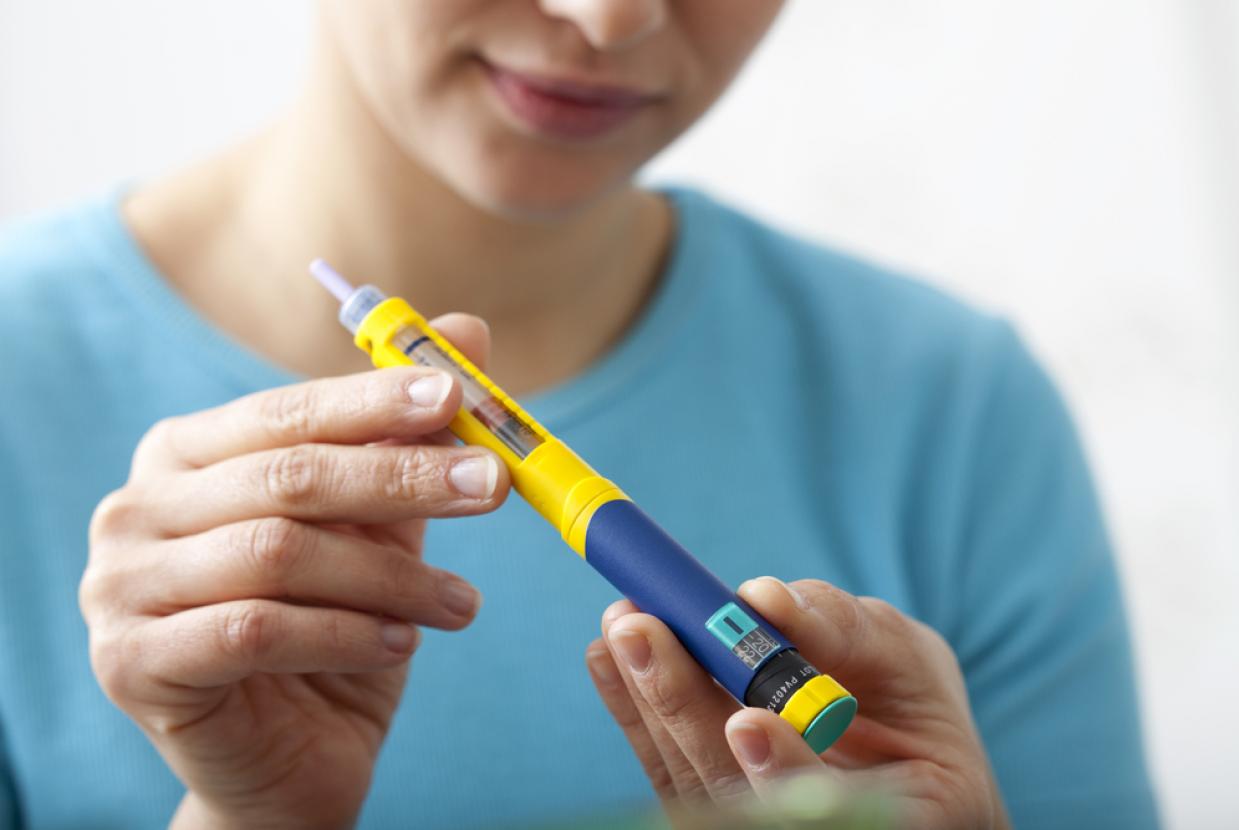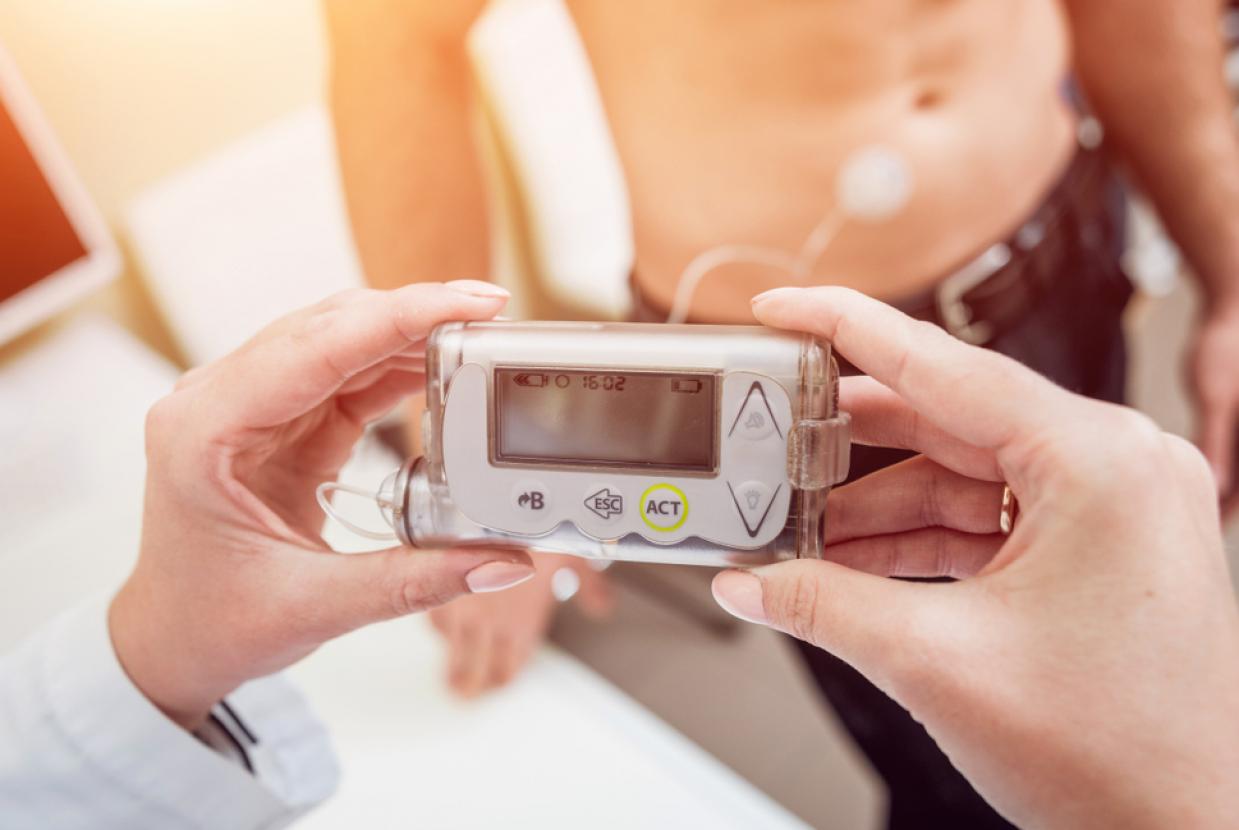Ozempic & Weight Loss: The Facts Behind The Headlines
DiabetesDiabetes UK Head of Care Douglas Twenefour clarifies the key points to be aware of with Ozempic, including how it works and when it is appropriate as a treatment.
Ozempic is a type 2 diabetes medication which is prescribed to manage blood glucose levels. It is not a medication for people who do not have diabetes or are at risk of type 2 diabetes.
A prescription for Ozempic should only be administered following an assessment by your healthcare team to make sure that you’ll benefit from its use.
This will depend on your personal circumstances, and there are several important factors that need considering. These include dose, the risk of side effects, and a person’s current treatment plan.
What is Ozempic?
Ozempic, a brand name for semaglutide, is a GLP-1 analogue - a diabetes medication also known as an incretin mimetic. It is recommended by NICE (the National Institute for Health and Care Excellence) for people with type 2 diabetes.
What is Ozempic used for?
Ozempic is taken as once-weekly injection to manage blood glucose levels and HbA1c in people with type 2 diabetes. As a GLP-1 analogue medication, it increases the levels of incretins – a hormone – which helps your body to produce more insulin when needed. It also supresses the amount of glucose produced by the liver.
Ozempic and weight loss
People with type 2 diabetes who use Ozempic can lose weight while using the medication, which happens partly due to its effect on:
- Reducing your appetite so you eat less
- Slowing down the movement of food in your gut meaning you stay full for longer.
Are there shortages of Ozempic?
We know that due to ongoing global shortages, some people living with type 2 diabetes who could benefit from Ozempic are unable to access it. We’re also aware that people are getting Ozempic through off-label prescribing.
We fully support the instruction that GLP-1 medications should not be prescribed off-label under any circumstances while there is an ongoing shortage impacting people with type 2 diabetes.
People with type 2 diabetes should be reassured that there are a number of alternative GLP-1 analogue treatments available that work in similar ways to Ozempic including Rybelsus which is a tablet form of semaglutide for managing blood sugar levels. Healthcare professionals will work with patients to find the best course of treatment for them.
We are very concerned that it is now recognised these shortages are likely to endure for at least the rest of this year. Read our response to the serious supply issues of drugs for people with type 2 diabetes.
Your healthcare team will contact you if shortages of these medications could affect the availability of your medication and discuss this with you. But if you are concerned or have questions about these shortages then you can ring our helpline – call 0345 123 2399.
Ozempic can have side effects
The majority of medications can have side effects, and Ozempic is no different. Common side effects can include constipation and diarrhoea, while less common side effects include altered taste and acute pancreatitis.
If you have diabetic eye disease (retinopathy) and are using insulin, then Ozempic may lead to a worsening of your vision, and this may require treatment. Tell your doctor if you have diabetic eye disease or if you experience eye problems during treatment with this medication.
More information about the side effects is contained in the Patient Information Leaflet (PIL) which comes in the box of the medication, so make sure to read this.
It is also important that you take individual advice from your healthcare team before starting Ozempic treatment and report any side effects if you experience any.


